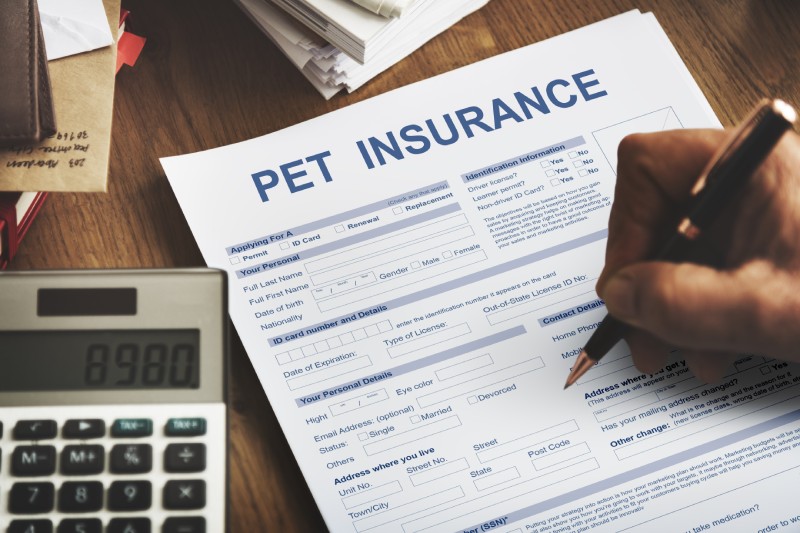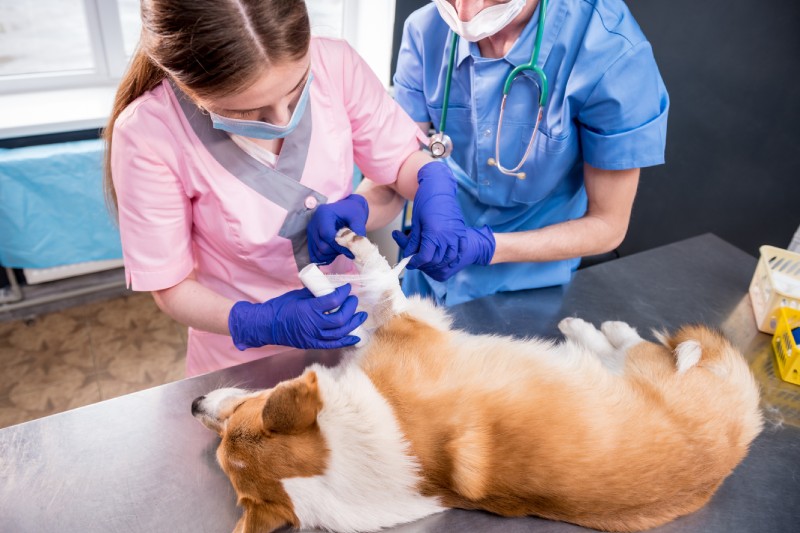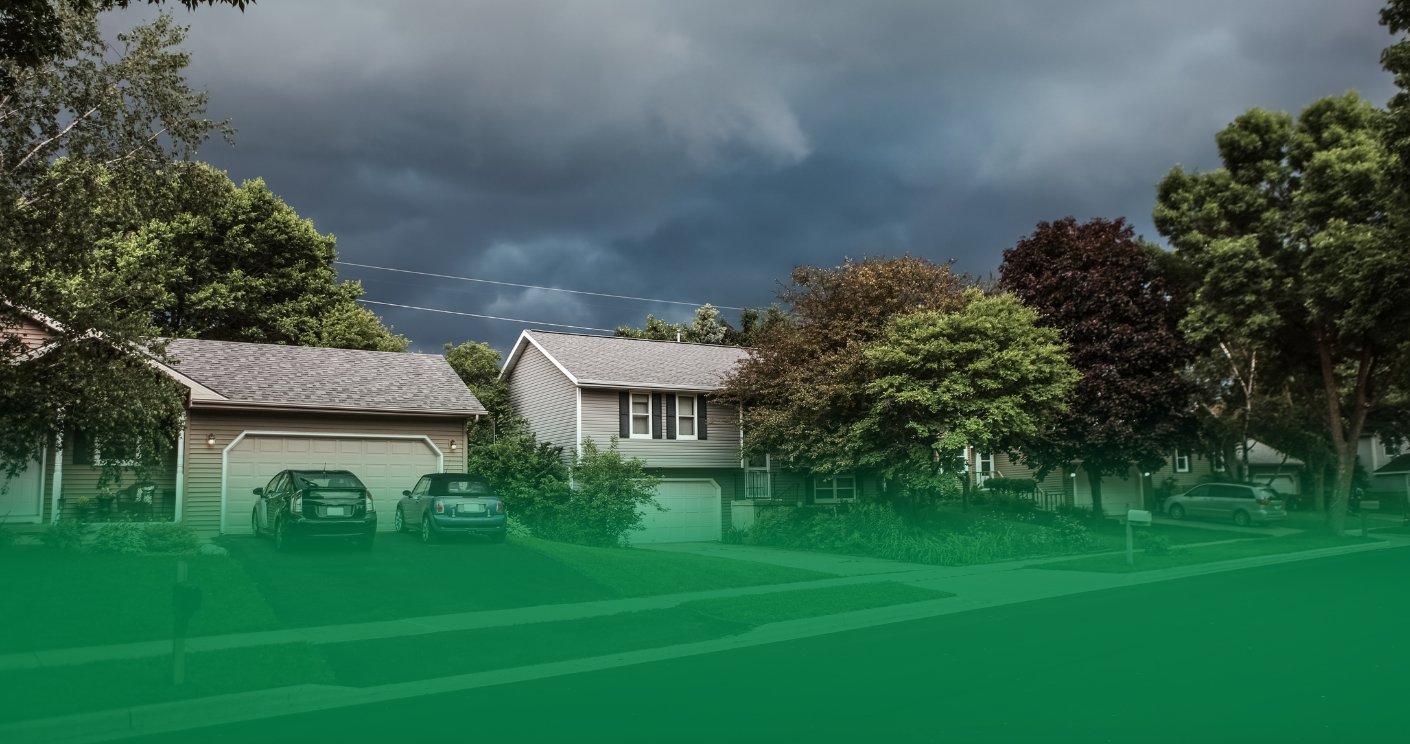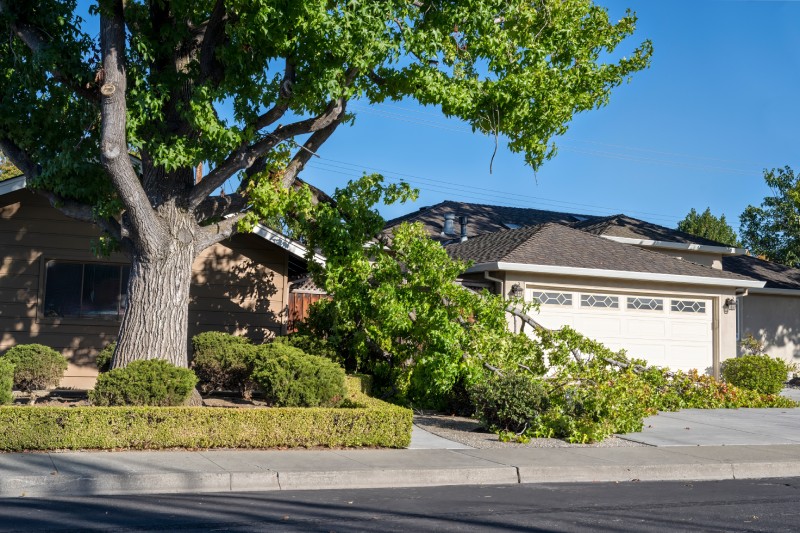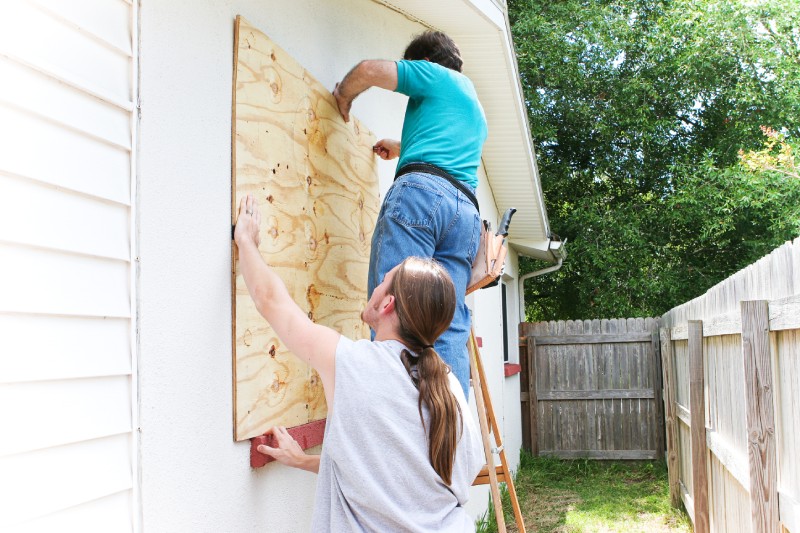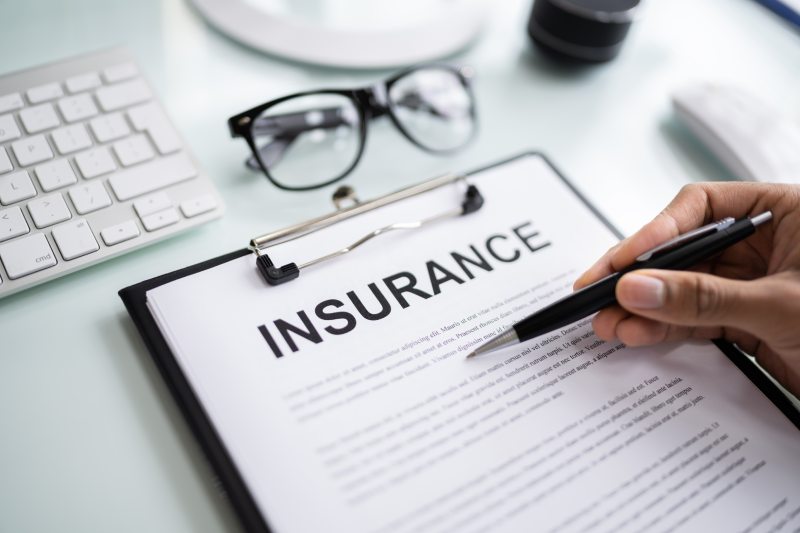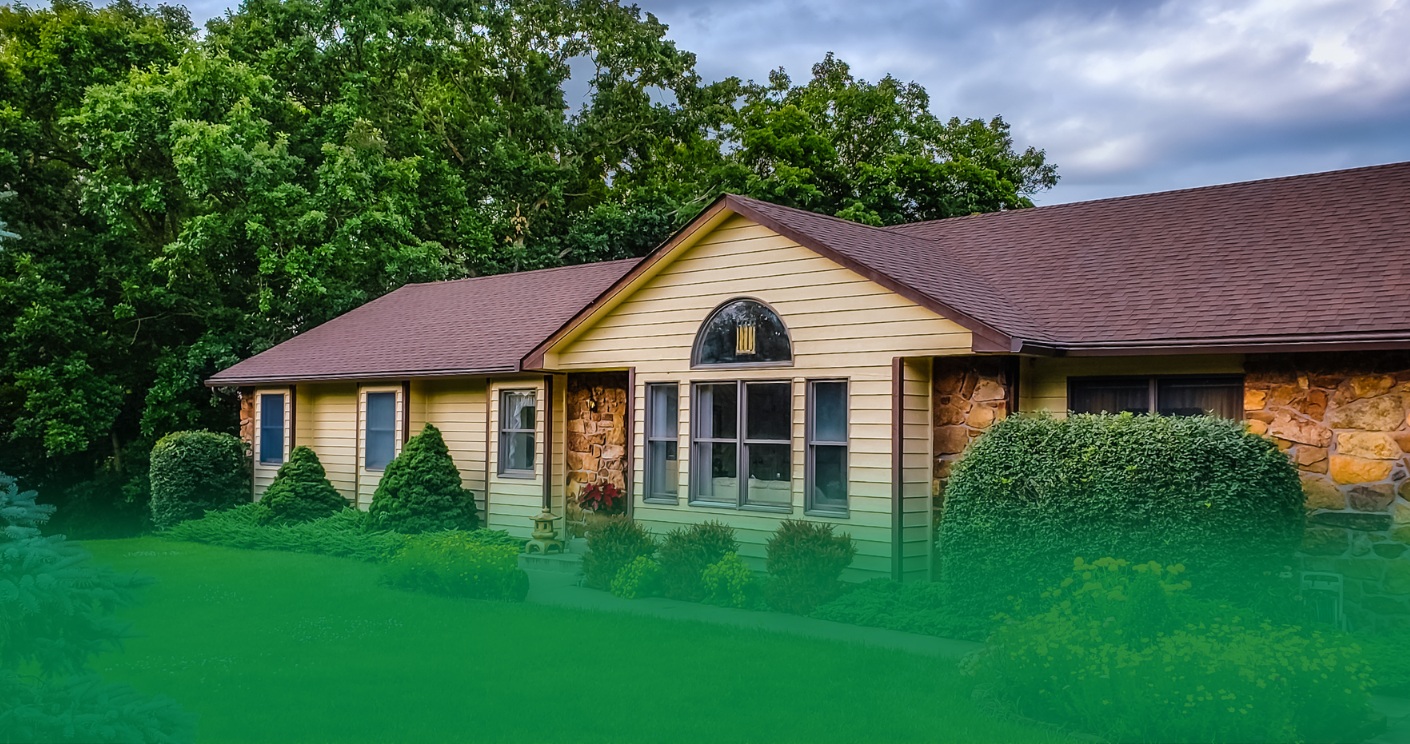
Buying a home in the Rio Grande Valley region is a dream come true for most locals. The region boasts a preeminent urban lifestyle with a lower cost of living, sitting next to the fifth-longest river in North America.
But what locals also know is that RGV region is natural disaster-prone. The RGV’s location on the Gulf of Mexico means it’s directly in the path of hurricanes and tropical storms. These storms bring heavy rainfall and storm surges, causing flooding.
In this article, we will explain how to keep your home safe from recurring natural disasters and why homeowners insurance in McAllen is a must for new home buyers.
Understanding Risk in the RGV Region
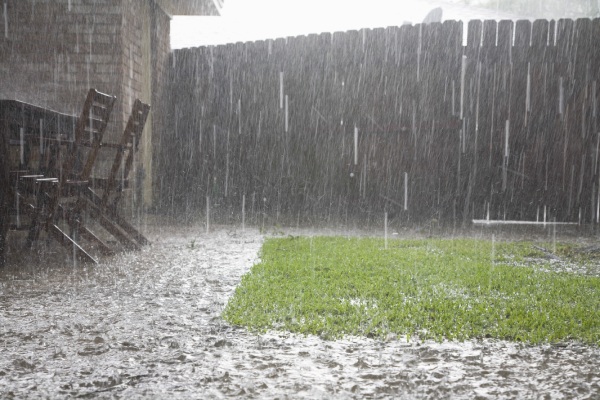
It’s important to note that the Rio Grande Valley (RGV), thankfully, hasn’t experienced any recent huge natural disasters with massive casualties. However, due to its location and weather patterns, flooding is a recurring threat.
Let’s consider its location. The RGV sits on the westernmost tip of the Gulf of Mexico. This puts it directly in the path of hurricanes and tropical storms that frequently form over warm Gulf waters. These storms bring heavy rainfall for extended periods, overwhelming drainage systems and causing widespread flooding.
Hurricanes also generate storm surges, a rise in sea level caused by the storm’s powerful winds. This surge can inundate coastal areas, pushing floodwaters further inland.
RGV also sees heavy rainfall in certain months, which can trigger flash floods. Western Hidalgo County and regions around McAllen were greatly impacted by heavy rainfall in January of 2024. The National Weather Service (NWS) points to floods that caused over $350 million in damage. That’s why many homeowners opt for a home insurance McAllen policy.
So, all in all, you’ll have to deal with the following persistent threat in the RGV region:
- Heavy rainfall
- Flooding
- Flash floods
Protecting Your Rio Grande Valley Home
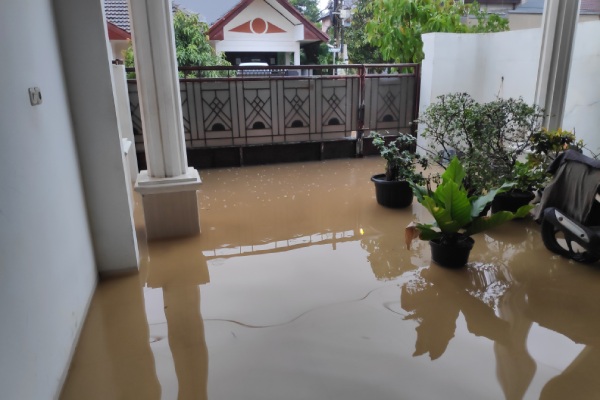
1. Employ flood barriers
Flood barriers can be a valuable tool for safeguarding homes in the RGV from floods and storms. These act as a physical barrier, diverting floodwater away from your home’s foundation and crawl space. This can minimize water damage to your property and belongings.
Flood barriers also give you a time buffer advantage. During heavy rain events, drainage systems can get overwhelmed. The barriers can buy you time by holding back floodwater until the water levels recede or drainage systems catch up. This allows for potential evacuation or mitigation measures.
While there are some limitations like overtopping, flood barriers can be a significant line of defense against floodwater intrusion into your home.
2. Focus on flood-resistant landscaping and drainage
Your landscaping can become a savior during heavy, persistent rain. The idea behind flood-resistant landscaping is to mimic natural drainage patterns and promote water infiltration into the ground, reducing runoff and lessening the burden on drainage systems.
To start, you can create rain gardens. These are specially designed gardens with soil mixes that hold large amounts of water and allow for slow infiltration into the ground. They can be placed strategically to capture rainwater runoff from roofs or driveways. In these gardens, you can plant flood-tolerant plants that protect homes from heavy rain.
As part of flood-resistant landscaping, you can also create bioswales. Similar to rain gardens, bioswales are shallow, landscaped depressions that collect and filter stormwater runoff before it reaches drainage systems.
But perhaps nothing beats a good drainage system. Upgrading existing drainage infrastructure with wider channels, improved inlets, and better pumping capacity can increase the efficiency of floodwater removal. If possible, creating designated ponds or basins to store excess stormwater during heavy rain events temporarily can prevent flash floods and allow for a gradual release of water into natural waterways.
3. Consider structural modifications
Some homes are structurally better at fighting floods than others. And the better homes aren’t more expensive. They’re just smart enough.
For example, flood- and storm-resistant homes often have a strong roof covering. Metal roofs (aluminum, zinc, copper) are highly wind-resistant and can withstand strong winds. They also tend to reflect heat, reducing cooling costs – something highly desirable in hot and humid RGV climates.
Another smart feature is roof decking. Ensure your roof decking (the layer under the shingles) is securely attached to the trusses or rafters. Upgrading to stronger decking materials like oriented strand board (OSB) can provide additional wind resistance.
Furthermore, there are impact-resistant windows and doors. Investing in impact-resistant windows and doors is a significant upgrade at an affordable price. These are made with laminated glass or special films that can withstand strong winds and flying debris, safeguarding everyone indoors.
Lastly, you can opt for hurricane straps and wall braces to strengthen walls. These metal straps connect your roof trusses to the walls and foundation, providing a continuous load path for wind forces.
4. Keep home 24/7 ready for flash floods
If you’re in RGV, you need to be ready for flash floods, especially during the rainy season. But how? By getting a home inspection done intermittently. Regular inspections can help identify potential problems before they become major issues during a flood. Addressing minor drainage issues or repairing cracks can prevent significant water damage and costly repairs later.
Besides that, check your foundation, crawl space, and exterior walls for cracks or gaps. These can allow floodwater to seep into your home, thereby causing further problems. Seal any cracks promptly to prevent water intrusion.
Home Insurance in RGV, McAllen Region

Note that standard homeowner’s insurance typically excludes flood damage. This, of course, varies from carrier to carrier. However, a separate flood insurance policy can reimburse you for repairs to your home’s structure and cover contents damaged by floodwater. This can be a lifesaver to avoid incurring massive financial burdens after a flood.
Depending on the policy, flood insurance might also cover additional living expenses if your home becomes uninhabitable due to flooding. This could include temporary housing costs while repairs are underway.
There are two main types of flood insurance available for homeowners:
- National Flood Insurance Program (NFIP): This is a federal program that provides flood insurance to homeowners in participating communities, including most areas in the RGV. NFIP policies offer coverage for both the structure of your home and its contents.
- Private Flood Insurance: In addition to the NFIP, some private insurance companies offer flood insurance policies. These natural disaster insurance policies can offer more flexibility and potentially higher coverage limits compared to NFIP policies. However, they might also be more expensive.
The right flood insurance coverage for you depends on several factors like your home structure and value, risk of flood in your area, personal preference and budget.
In either case, you should always seek insurance coverage to protect your home from storms and floods. Knowing you have flood insurance can provide significant peace of mind during a stressful event. It allows you to take care of your loved ones without worrying about the financial burden of repairs.
Ready to get started? Whether you are looking for home insurance in Brownsville, Laredo, or McAllen, Safeguard Insurance Agency is here to help you. Contact us today to learn more.






